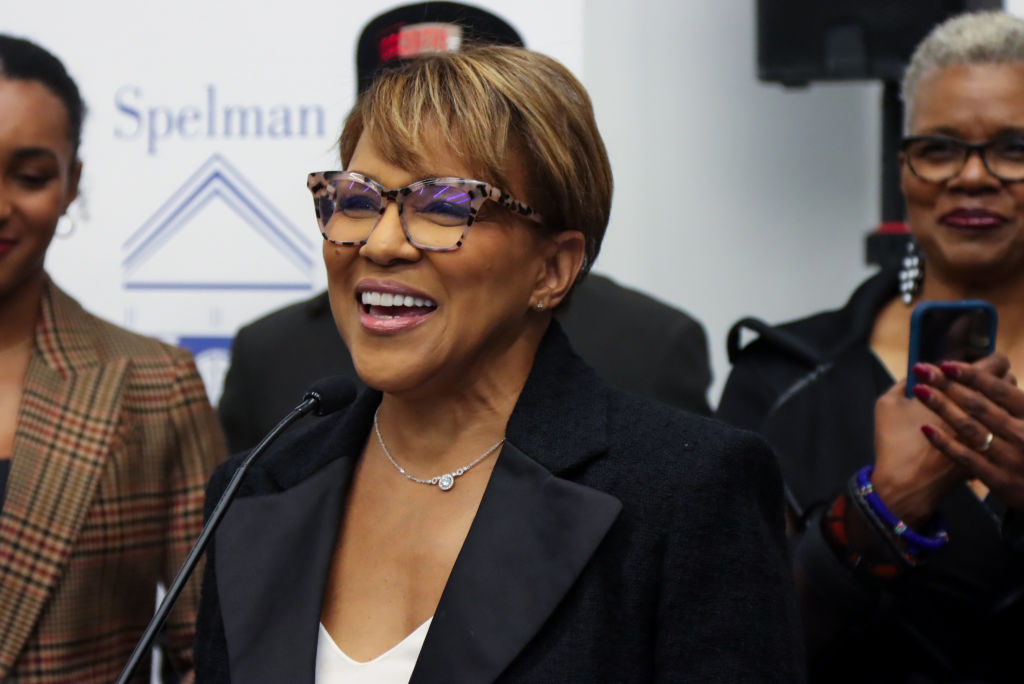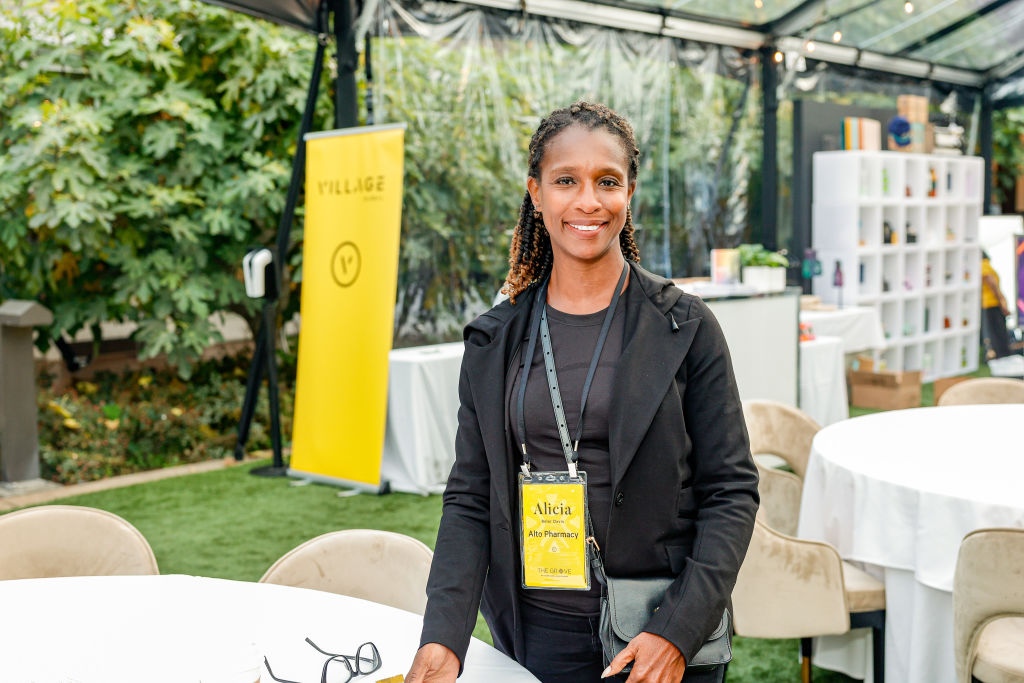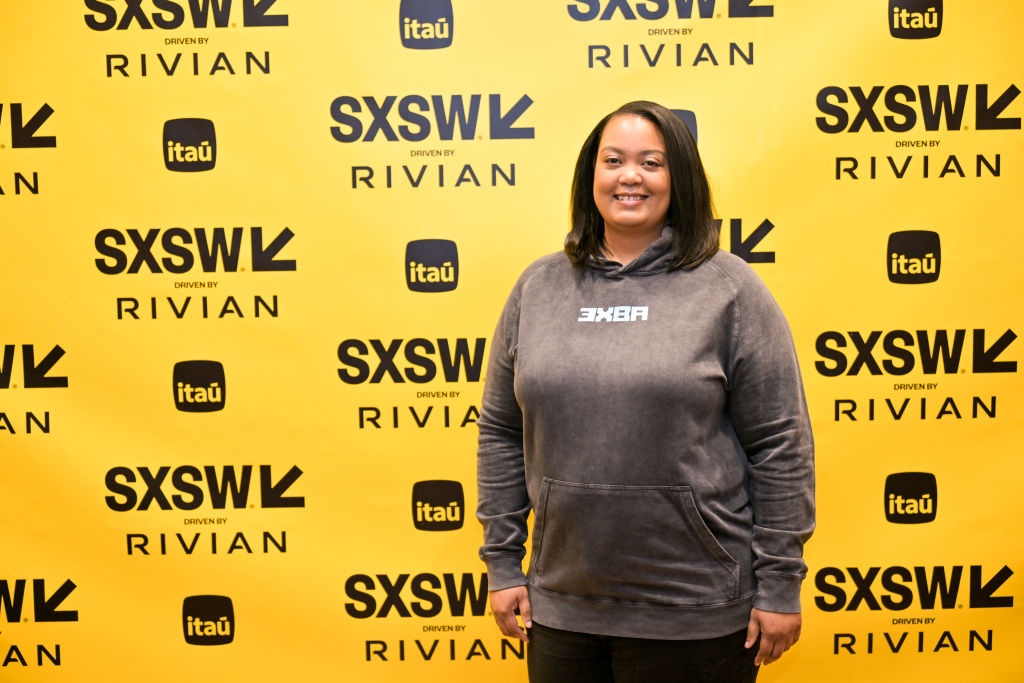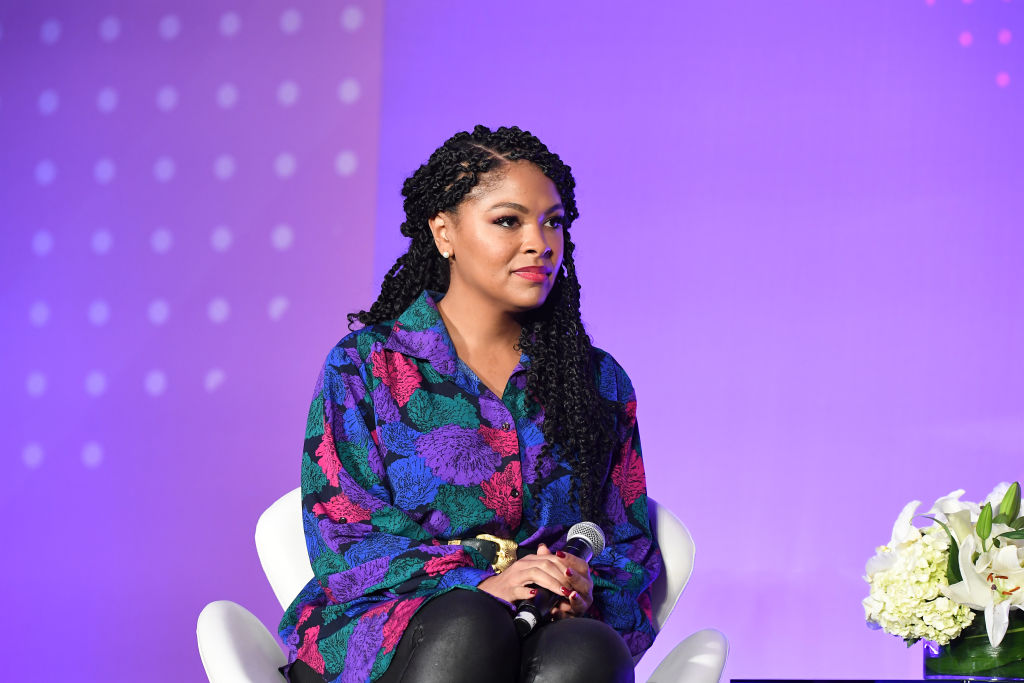Reaching a $200,000+ income tier is still a radical, revolutionary act for Black women. It’s more than a salary. It’s a marker of autonomy, equity, and hard-won excellence in a system not built with Black women in mind. Despite being among the most educated and entrepreneurial demographics in the U.S., Black women remain deeply underrepresented in executive suites, venture capital portfolios, and tech C-suites. Yet, every year, more and more are breaking through, boldly redefining what wealth, leadership, and success look like on our own terms.
Here are the stories of five Black women who have not only crossed that $200K threshold but also done so in industries that historically excluded them.
5 Black Women Who Earn $200K+
Rosalind Brewer

Roz Brewer’s journey began in Detroit as the daughter of GM assembly-line workers. A first-generation college graduate, she earned a chemistry degree from Spelman College before launching her career at Kimberly‑Clark as a research technician—a role she held for over two decades. Brewer steadily climbed into executive leadership, eventually overseeing global nonwovens operations—and making Forbes’ list of most powerful women.
In 2012, she broke major ground when she became both the first Black executive and first woman to lead Walmart’s Sam’s Club division, with responsibility for over $100 billion in revenue. During her tenure, she drove digital innovation and built membership growth, establishing her reputation as a transformative leader.
Her ascent continued at Starbucks, where as COO she led operations across the Western Hemisphere and directed racial bias training in more than 8,000 stores in response to the viral Philadelphia incident—a move that earned praise for her decisive leadership.
In 2021, Brewer made history again as CEO of Walgreens Boots Alliance. She became the only Black woman to lead an S&P 500 company at that time. Her compensation package was notable: a $1.5 million base salary, a massive signing bonus, and severance of $9 million upon departure in Sept 2023. Her goal was bold. She wanted to transform Walgreens from a retail chain into a neighborhood healthcare hub with nurse clinics, “food as medicine,” and mental health investment.
Alicia Boler Davis

Alicia Boler Davis’s trailblazing story began when she joined General Motors right out of college in 1994. Over 25 years at GM, she advanced from a plant engineer to Executive VP, overseeing global manufacturing for 180,000+ employees. Her leadership earned accolades, including Black Engineer of the Year and inclusion on Fortune’s Most Powerful Women list.
In 2019, she took on the role of Senior VP of Global Customer Fulfillment at Amazon, joining the elite S‑team and spearheading COVID-era scaling: overhauling 150+ warehouses, hiring 275,000 employees, and doubling global capacity.
By mid-2022, Boler Davis made a bold move: turning down Fortune 500 CEO offers to lead Alto Pharmacy, a digital health company with ~$1 billion in revenue and 1,200 employees. As CEO, she’s combining her operational strengths with a mission to disrupt healthcare through innovation and access.
Arlan Hamilton

In 2015, Arlan Hamilton found herself sleeping on the floor of San Francisco International Airport, couch-surfing and trying to figure out her purpose. With no college education, her background lay in music. She was tour managing for artists like Janet Jackson. But her curiosity led her to Silicon Valley, where she discovered venture capital and saw a glaring gap: less than 1% of VC funding went to Black and Latinx women. Undeterred, she devoured every resource she could find, from books to YouTube videos, teaching herself how to raise money, not for a startup, but for a fund.
That $25,000 “overnight” check marked the birth of Backstage Capital, which has since invested around $20 million across nearly 200 companies, primarily supporting Black, Latinx, and female founders. Hamilton faced relentless resistance. Anchor investors backed out and a proposed $36 million fund fell through, but she pivoted, launching an accelerator and even leveraging crowdfunding to democratize VC investing.
Vivian Kaye

Vivian Kaye’s journey began with a problem she personally faced as a Toronto-based entrepreneur. In 2012, alongside running her wedding décor business, she struggled to find hair extensions that complemented her natural, textured hair. Spotting a gap in the market, she launched KinkyCurlyYaki, spinning off a beauty empire from her own need.
Within a year, she generated nearly $500,000 in sales. By 2016, she had morphed the company into a seven-figure enterprise. She credited herself as a self-taught businesswoman, learning through forums, YouTube, and trial-and-error. In 2018, she launched a consulting wing to support other entrepreneurs, positioning herself as both founder and mentor.
Sevetri Wilson

Sevetri Wilson’s rapid journey to $200K+ is rooted in tech and impact. She founded Solid Ground Innovations and later Resilia, a platform designed to empower people living with chronic illness and caregiving responsibilities, raising more than $3 million in funding, which was a significant feat for a company aimed at serious social outcomes.
Wilson started her first business with no external capital at age 22, building a seven-figure revenue company on her own. She intentionally invested in personal relationship-building—from network cultivation offline to mentorship and executive presence—rather than relying solely on social media traction. Her commitment to “all-in” strategies, using bold moves to scale, led to her VC traction and financial success.
